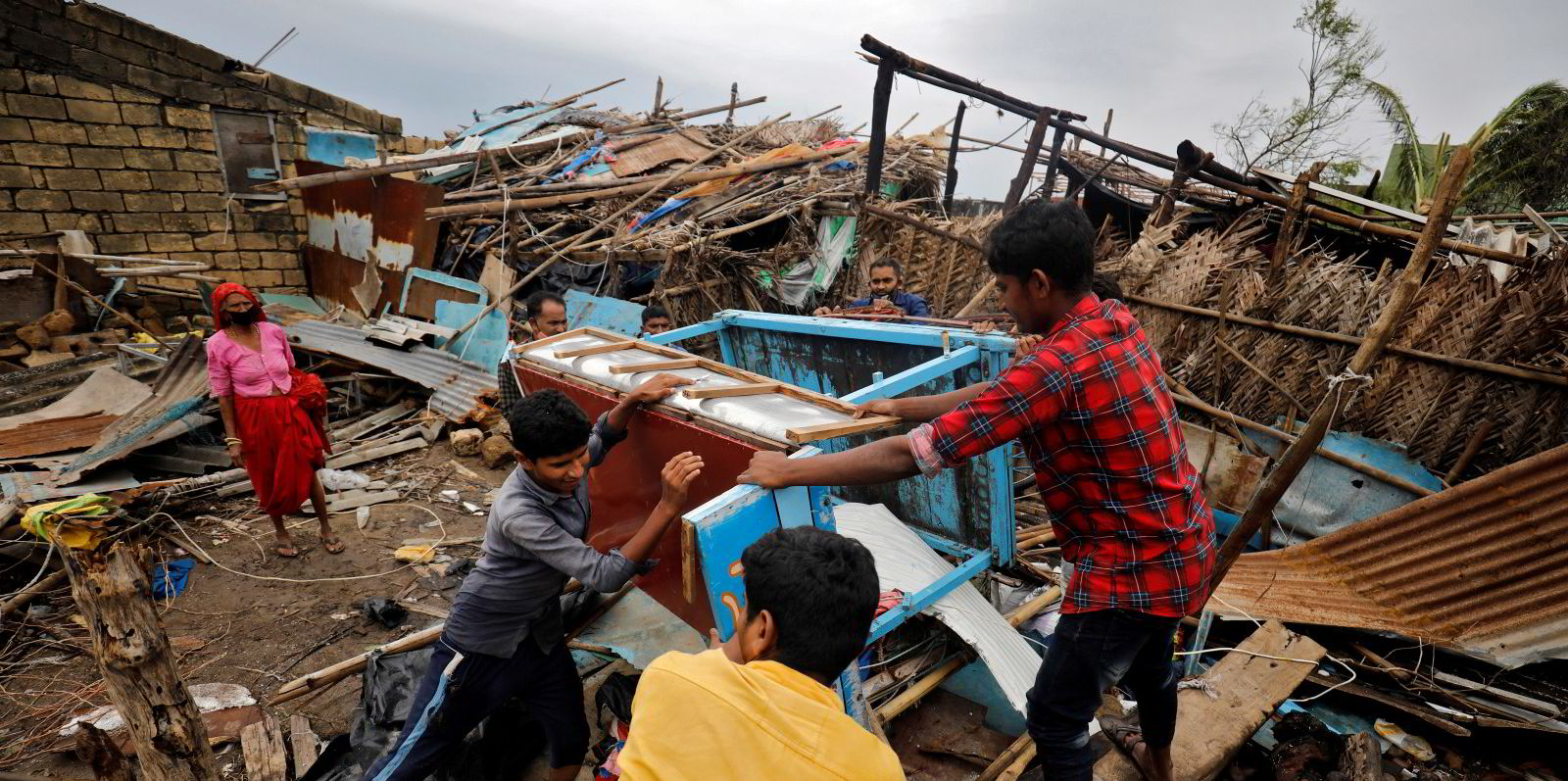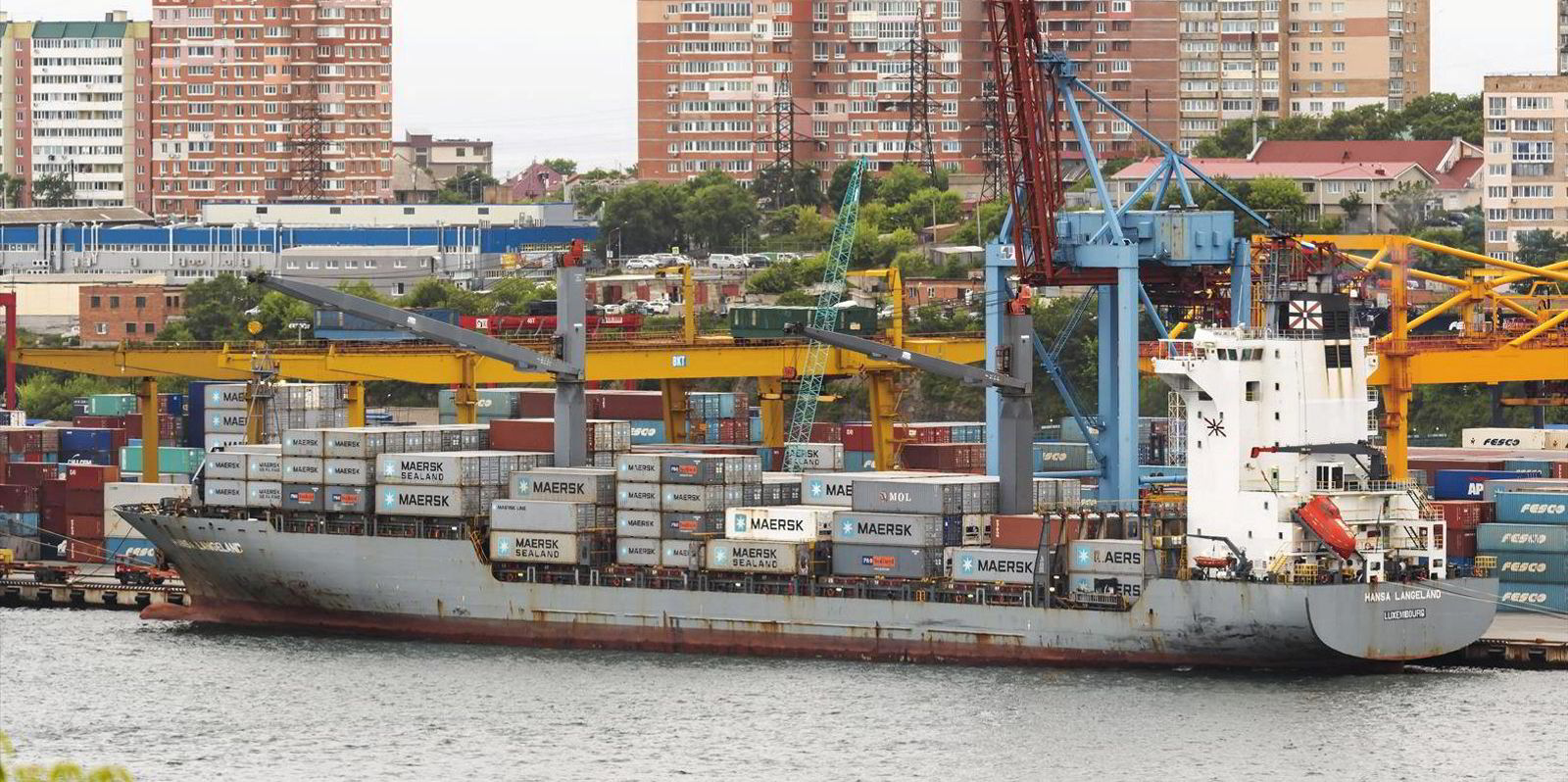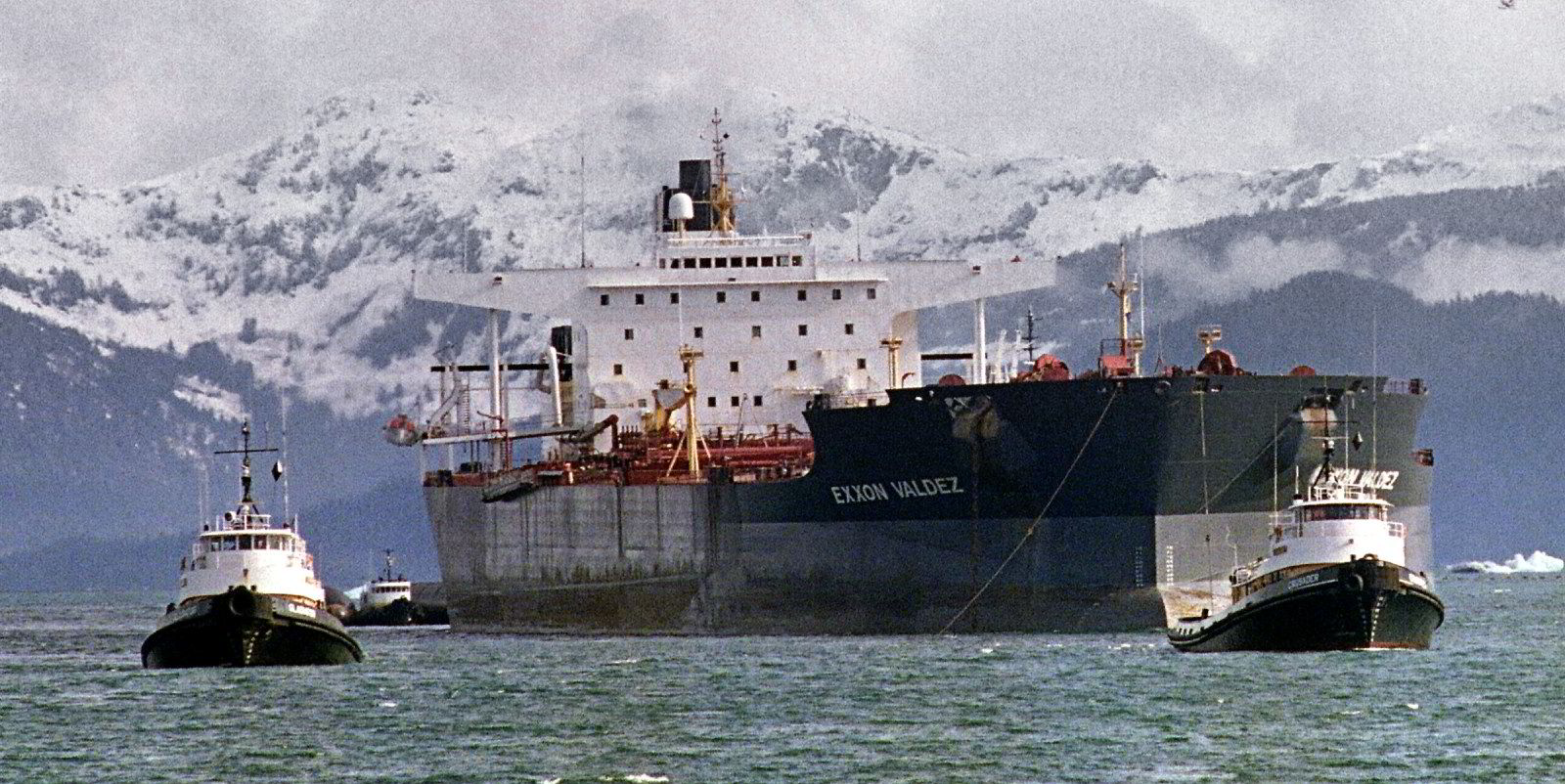Tanker congestion off the western coast of India has worsened in recent days as Cyclone Tauktae rampages through the region.
Tauktae, widely described as the strongest cyclone in over two decades in the region, made landfall in the western state of Gujarat on Monday before weakening into a tropical depression.
Gujarat is home to some of the largest oil refineries in the country, including Nayara Energy and Reliance Industries’ Jamnagar complex.
There were reports of port closures at Vadinar, Hazira, Mundra, Sikka, Dahej and Kandla, among others, but most shutdowns are expected to be brief with no damage reported.
Kpler data showed eight VLCCs, seven suezmaxes and three aframaxes were queuing in western India as of Wednesday.
This compared with three VLCCs, seven suezmaxes, two aframaxes and one panamax on 17 May.
But brokers said the increased congestion is unlikely to create vessel shortage due to persistent tonnage oversupply.
“Some ships are delayed, but there is no impact on the freight market,” a London-based broker said. “It is too quiet and many ships are free of cargo.”
A VLCC broker said there are more than enough large tankers in the market.
"So the congestion probably has no impact,” he said.
Clarksons Platou Securities estimated average spot VLCC earnings for non-scrubber, modern tonnage at $6,200 per day, suezmaxes at $5,100 per day and aframaxes at $8,400 per day on Wednesday.
Those readings were below all-in break-even levels for most tanker owners.
Congestion in western India is expected to ease against the background of falling crude shipments to India, where oil demand has taken a hit from renewed Covid-19 outbreaks.
Banchero Costa expects the world’s third largest oil consumer to import 3.85m barrels per day (bpd) in May, compared with 4m bpd in April and 4.32m bpd in March.
“I think the extra delays at ports caused by the cyclone will be more or less compensated by the lower traffic coming from the reduced import volumes,” Ralph Leszczynski, the brokerage’s research head, said.
“Oil imports and refining throughput have been declining in India for weeks now due to the impact of the Covid situation, and this is going to continue throughout this month at least.”






